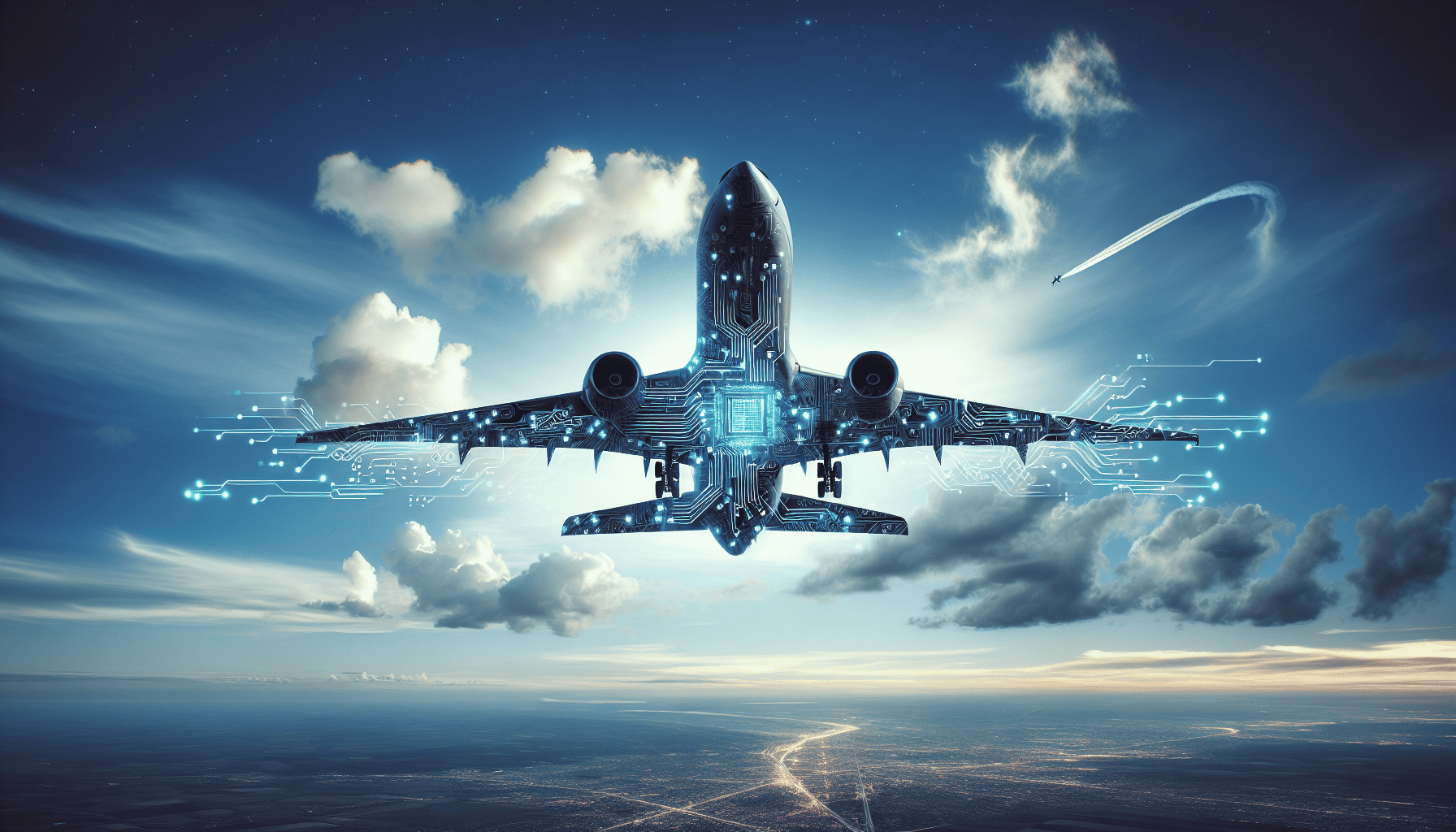Artificial intelligence (AI) is redefining the landscape of aerospace, ushering in a new era of innovation and efficiency. The aerospace industry has always been at the forefront of technological advancements, and AI is now playing a pivotal role in furthering these developments. From predictive maintenance to autonomous flights, AI is enhancing both operational efficiency and safety in unprecedented ways.
One of the most significant impacts of AI in aerospace is its role in predictive maintenance. Traditionally, aircraft maintenance has been based on scheduled intervals or in response to identified issues. However, this reactive approach can lead to unexpected downtimes and increased operational costs. AI technologies, powered by machine learning algorithms and real-time data analytics, are transforming this model. By continuously monitoring aircraft systems and analyzing historical data, AI can predict potential failures before they occur. This not only minimizes unexpected maintenance issues but also optimizes the scheduling of maintenance, thereby reducing costs and improving aircraft availability.
AI is also making waves in air traffic management. With the increasing number of flights, managing airspace efficiently and safely is becoming increasingly complex. AI systems can analyze vast amounts of data, including flight paths, weather conditions, and air traffic, to optimize routing and reduce congestion. This real-time analysis helps in making more informed decisions, significantly enhancing the safety and efficiency of air travel. Moreover, AI-driven predictive models can help in managing traffic patterns and anticipating potential disruptions, such as adverse weather conditions, allowing for proactive measures to be taken.
Perhaps the most futuristic application of AI in aerospace is in the development of autonomous and semi-autonomous flights. While fully autonomous commercial flights are still in the testing phase, AI is already being used to assist pilots with complex tasks. Advanced AI systems can process and interpret massive amounts of data in real time, providing pilots with enhanced situational awareness. This assists in decision-making, especially in challenging conditions, and significantly reduces human error, thereby increasing safety standards.
In addition to these operational improvements, AI is also revolutionizing the design and manufacturing processes within aerospace. AI-driven design tools can simulate and optimize components far more efficiently than traditional methods, resulting in lighter, more fuel-efficient aircraft. In manufacturing, AI systems streamline production lines through automation and real-time quality control, improving precision and reducing waste.
The integration of AI in aerospace is not without its challenges. Issues such as data privacy, cybersecurity, and the ethical implications of autonomous systems need to be carefully considered and addressed. Ensuring the robustness and reliability of AI systems, particularly in safety-critical applications, is paramount. Regulatory bodies must establish guidelines that not only promote innovation but also ensure safety and public trust in these technologies.
In conclusion, AI is catalyzing a transformation within the aerospace industry, driving unprecedented advancements in efficiency, safety, and technology. As AI systems continue to evolve, their integration into all facets of aerospace operations promises to redefine what is possible, heralding a new era of aeronautical achievement. As stakeholders work collaboratively to address the challenges and harness the potential of AI, the future of aerospace looks not only promising but also incredibly exciting.
